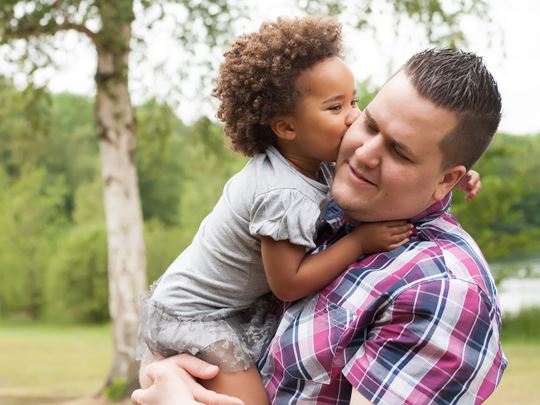Why is emergency foster care needed?
As with all fostering, there are countless different reasons that emergency support is needed, but it could be because of a catastrophic and sudden breakdown at home. This includes, for example, cases of domestic violence or where a parent gets into trouble with the police. If it’s out of hours, the authorities can’t do anything until the next working day and so the search is on for a safe place for a child to stay.
Most of our foster parents consider emergency placements, as ensuring children are safe is paramont to us all. Most children referred to us at ACS are emergency or short term placements - and many of them develop into longer term arrangements over time.
Children who come to live with a foster family in an emergency need to be prepared as children can be upset, bewildered and frightened and so it can be a quite stressful experience for everyone. A calm, welcoming home is essential, as is tolerance, understanding and the ability to put children quicky at ease.

How long is emergency foster care for?
You might not support a child for a long time, but you’ll be making a big contribution at a critical and emotionally challenging time of their lives, and that’s where the big satisfaction lies in this type of fostering.
The length of placement depends on how long it takes for the local authority to make more permanent arrangements. But often if a child needs to remain in foster care for a longer period of time, it is likely that they will remain with their foster parents if possible, to minimise placement moves which are unsettling for children.
Emergency placements might involve you taking a child to school which is further away than we'd normally anticipate and this is because of the emergency nature of the placement. In these situation we would look to move children to a more long term foster family in a planned way with introductions to help minimise distribution for the child.
Most of our foster parents have taken children in to their homes in an emergency, after all, keeping children safe is why we do, what we do.
Other types of fostering
How does the matching process work?
We receive far more referrals for children from local authorities than we have fostering families with vacancies. In order to match a child to a family, we look at a number of things including location, age range and gender. We also look at the cultural needs of a child and a families own make up and experience. We request as much information from the local authority about the child they are looking to place, so we know as much about them as possible to ensure our foster parents can meet their needs.
How much will I know about the child or young person before the placement starts?
We will let you know everything that we know about a child prior to them coming to live with you, so you can decide if the match is right for you too, we will advise you, but the decision is always yours. At the start of every placement a meeting will take place, which is also your opportunity to ask as many questions as you need.
Will I be able to meet the child before the placement begins?
Ideally this is always best, but it isn't always possible as foster homes can be sought for children in an emergency, which doesn't allow time for introductions.







